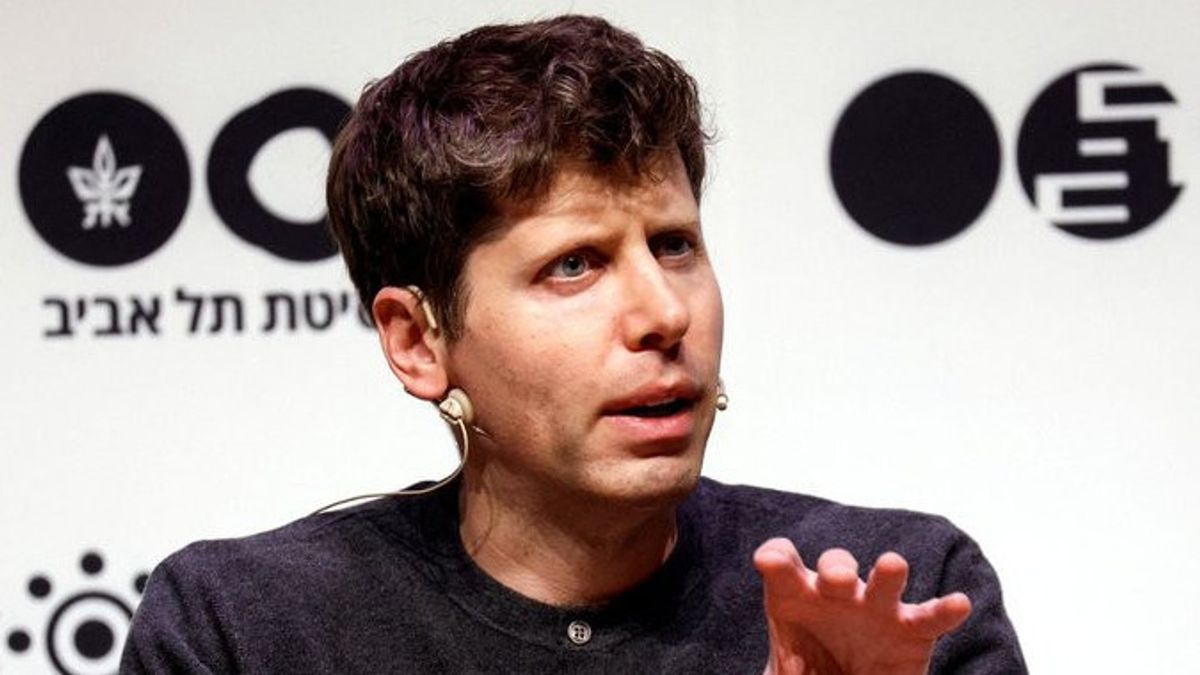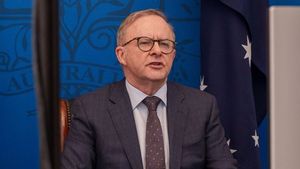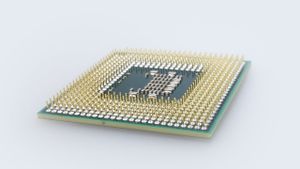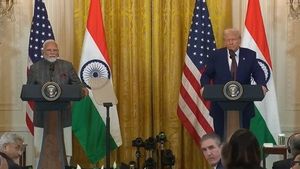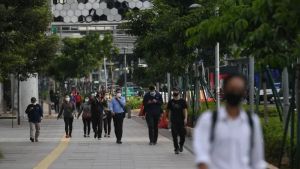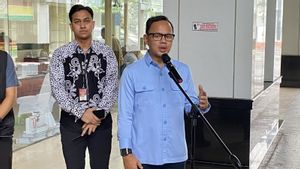JAKARTA - The return of Sam Altman as OpenAI's Chief Executive Officer (CEO) is believed to strengthen his role in the company and may give him less power oversight as the company introduces technology that can change the industry. This is said by corporate governance experts and analysts.
OpenAI brought back Altman just days after his dismissal and put up a revitalized board that could provide a sharper review of startups at the core of the artificial intelligence boom (AI). But strong support from investors, including Microsoft, may provide Altman with more flexibility to commercialize the technology.
"Sam's return may end the chaos on the surface, but deep governance issues may remain," said Mak Yuen Teen, director of the investor protection center at the National University of Singapore Business School.
"Altman looks very powerful and it's unclear if there is a council that can monitor him. The danger is that the council is a kind of ratification," he said, quoted by VOI from Reuters.
OpenAI's new board will have more experience at the top and a strong relationship with the US government and Wall Street.
The council fired Altman last week with little explanation and attempted to proceed by naming the executive CEO twice temporarily. However, pressure from Microsoft - and Altman's strong loyalty among more than 700 OpenAI employees, almost all of whom threatened to leave the company - caused Altman to be restored on Wednesday, November 22.
"Altman has been restored by the last few days," said GlobalData analyst Beatriz Valle. But that could come with consequences, adding that he now has "too much power."
Bret Taylor, a former co-CEO Salesforce who also played a key role in pushing for Elon Musk's Twitter acquisition as director, will chair the board.
Other members include former US Treasury Secretary Larry Summers, a Harvard academic and long-term economic advisor to the president of the Democratic Party.
"The fact that Summers and Taylor will join OpenAI is extraordinary and marks a dramatic reversal of fate in the company," said Valle.
Summers, who also sits on the board of fintech company Jack Dorsey, Block, recently talked a lot about the potential job loss and disruption AI could cause.
"ChatGPT will replace cognitive classes. This will replace what doctors do," he said at a post on X in April.
The OpenAI board previously consisted of businessman Musta McCauley, Helen Toner, director of strategy at the Center for Security and Emerging Technologyturbation, Chief Scientist OpenAI Ilya Sutskever, and Quora CEO Adam D'Angelo, who also sits as a new board member.
It is not yet clear whether other directors will remain, including Sutskever, who joined the effort to dismiss Altman and then sign an employee letter demanding Altman's return. He expressed regret over "My participation in the council's actions."
SEE ALSO:
OpenAI on X said it was "collaborating to find out details" of the new council.
Microsoft declined to comment. Summers and OpenAI did not immediately respond to requests for comment. Sutskever, Altman, and Taylor could not immediately be reached for comment.
Some analysts say the fiasco management will ensure that OpenAI executives are moving cautiously, as rising startups will now submit to more reviews. Some note that companies such as Meta, Facebook's parent, have grown rapidly with the CEO in power despite concerns about corporate governance.
"Sam must have come out stronger but also polluted and will have more attention from the AI community and the technology business is wider," said Gartner analyst Jason Wong. "He can no longer do anything wrong."
The English, Chinese, Japanese, Arabic, and French versions are automatically generated by the AI. So there may still be inaccuracies in translating, please always see Indonesian as our main language. (system supported by DigitalSiber.id)
